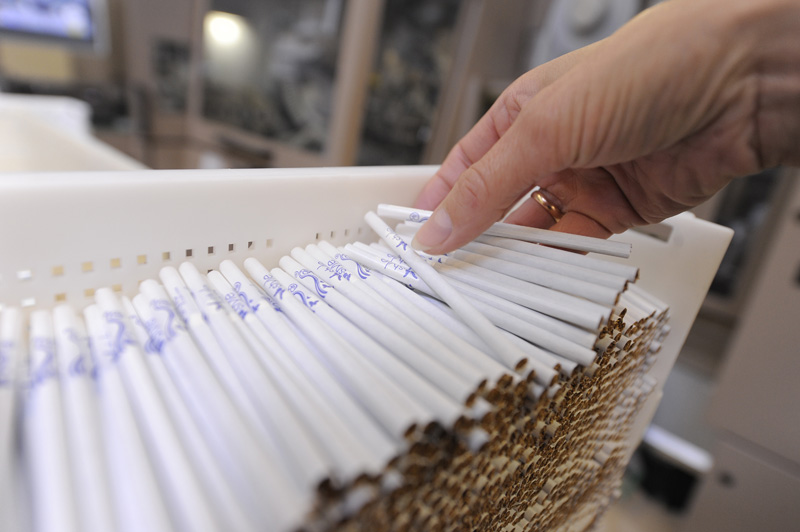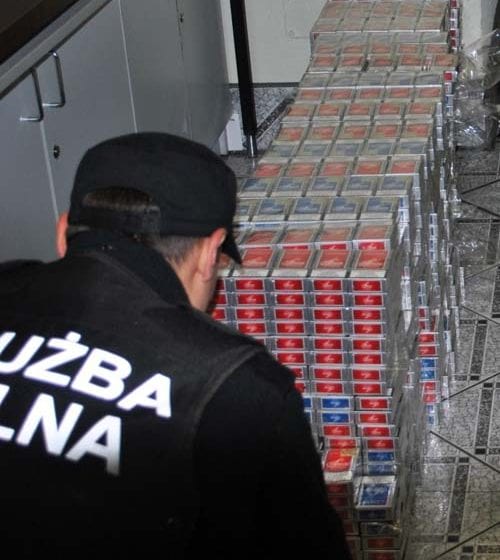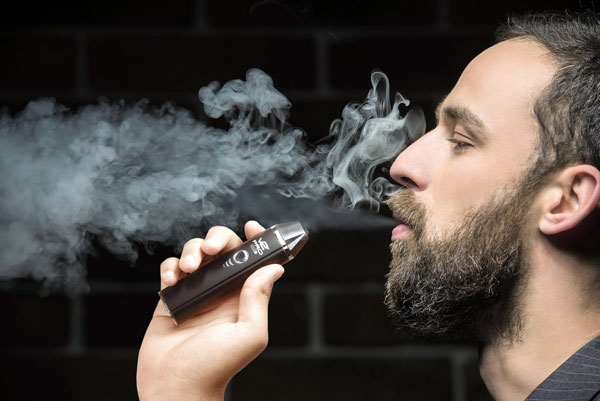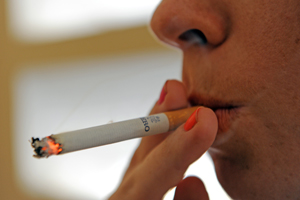All China’s domestic airlines have been ordered to prohibit immediately smoking and vaping in cockpits, and to punish severely crew members who violate the ban, according to a China Daily story citing a notice issued by the Civil Aviation Administration of China (CAAC).
The CAAC has ordered airlines to suspend crew members who smoke or vape in cockpits for 12 months for a first offense and for 36 months for repeat offenses. Other crew members who fail to intervene when a member of a cockpit crew is smoking [or, presumably, vaping] were said to be liable to a six-months’ suspension.
The CAA said that if smoking [and vaping] on a plane resulted in serious consequences, the penalty would be more severe and would be recorded in crew members’ files.
Smoking was banned in the passenger cabin and toilets of all aircraft in October 2017, but individual airlines had the option to permit smoking in the cockpit for two years. The recent cockpit ban accelerates the original time frame.
Originally, the rules would not have taken effect until the end of this year, said Zhang Qihuai, a Beijing lawyer specializing in civil aviation. But only Chongqing Airlines and China West Air had implemented the cockpit ban.
In July, news reports said that an Air China co-pilot who was vaping during a flight from Hong Kong to Dalian, Liaoning province, wanted to turn off the air circulation fan. But he switched off the aircraft’s air conditioning by accident, which diffused smoke [presumably vapor] throughout the cabin and led to the deployment of oxygen masks and an emergency descent.
The aircraft climbed to its cruising altitude and the flight continued once the problem was identified.
There were 153 passengers and nine crew onboard. No injuries were reported.
Zhang said he believed this incident triggered the early enforcement of the regulation.
“If heavy smokers among the passengers can forgo their habit during flights, there is no reason to make the crew an exception, especially since they are responsible for the safety of all on board,” Zhang said.










